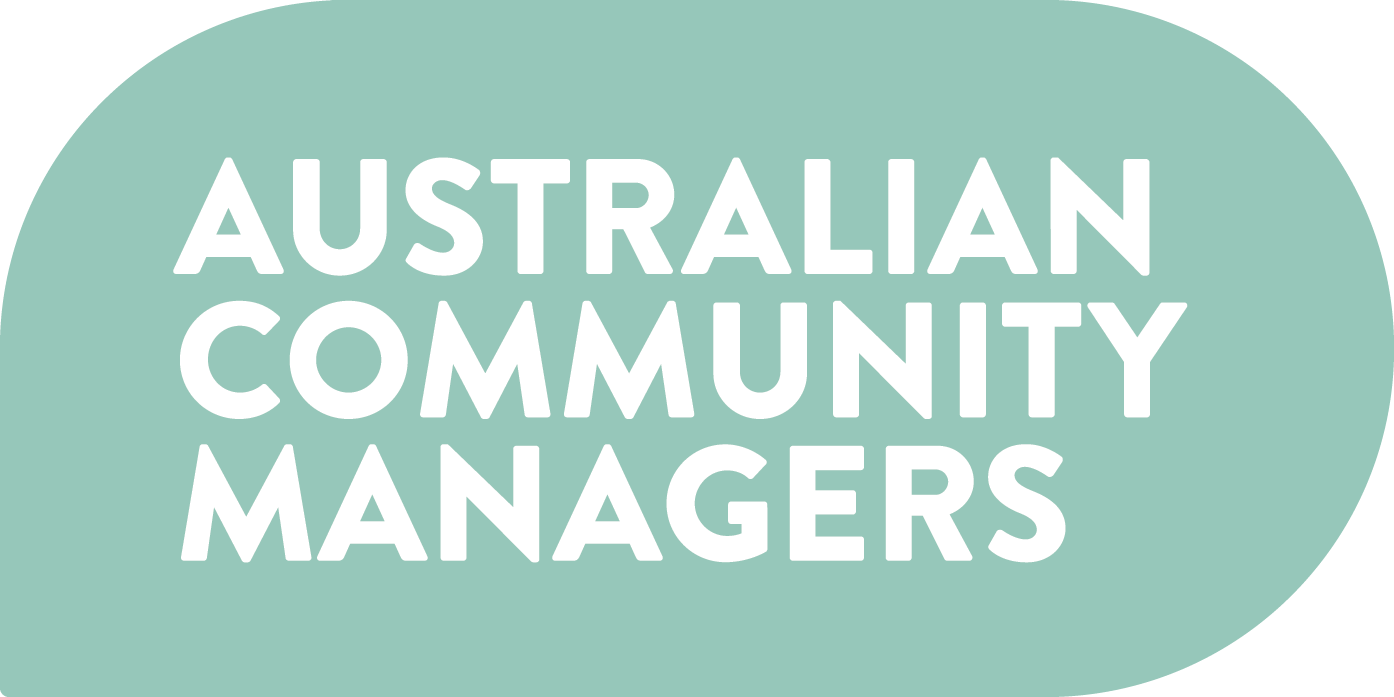New Study: Benchmarking Communities of Support
Benchmarking Online Support Communities Study - University of Melbourne (July 2024)
As the role of online communities continues to grow, understanding how to foster safe, supportive spaces is more critical than ever.
A recent study, conducted by ACM member Dr. Jennifer Beckett for the Melbourne Disability Institute (MDI) in collaboration with the Genetic Support Network of Victoria (GSNV), looks at how we can benchmark and improve online support communities, particularly for people with genetic, undiagnosed, and rare disorders.
Below, we summarise key findings and recommendations, providing actionable insights for community managers across all sectors.
Key Findings
1. The Foundations of Successful Communities
The study highlighted that communities thrive when they are built on clear purpose and research-backed design. Successful communities in the study were established to provide a safe space for members to share experiences, seek support, and find resources.
Member Needs: Commonly cited needs included knowledge sharing, peer support, friendship, and destigmatisation of the condition being discussed.
Research: Only one community in the study had undergone a research process before launch, and this process proved invaluable in aligning community goals with member expectations.
2. Governance and Structure
Good governance is the backbone of a safe and sustainable online community. However, the study found that many of the support communities lacked formal governance structures, which led to challenges in areas like moderation and managing member expectations.
Community Guidelines: While most communities had guidelines, many were created reactively, often after issues arose. Guidelines that explicitly covered privacy, copyright, defamation, and acceptable behaviour proved essential.
Moderation: All communities recognised the importance of moderation but lacked formal playbooks to guide actions consistently. This gap can undermine trust and transparency.
Vetting Members: Communities that implemented robust vetting processes—ensuring members were genuinely part of the target group—saw improved safety and engagement.
3. Emotional Labour and Burnout
Managing health-related support communities is an emotionally taxing role. Admins often handle sensitive topics, including end-of-life discussions and mental health crises. This emotional labour, coupled with a lack of support structures, contributed to burnout among managers.
Mental Health Support: Admins who had completed Mental Health First Aid training found it invaluable, not just for supporting members but also for processing their own emotional challenges.
Debriefing Processes: Few communities had formalised debriefing sessions for admins and moderators, despite their proven benefits in mitigating stress and maintaining team resilience.
4. Social Capital: The Glue of Online Communities
Social capital—both bonding (within the group) and bridging (connecting to external networks)—was identified as a cornerstone of effective communities. Communities that fostered these connections not only enhanced member experiences but also increased their visibility and advocacy impact.
Peer Support Programs: Communities with formal peer support structures were better equipped to provide meaningful engagement and mentorship to members.
Engaging Younger Members: Creating age-specific spaces, such as youth groups, was a successful strategy for keeping members engaged during life transitions.
5. The Role of Platforms
Platform choice directly impacts community success. While many communities relied on Facebook due to its familiarity, this came with significant limitations, including lack of data ownership, limited pseudonymity options, poor moderation tools and exposure to a higher number of risks and harms.
Alternative Platforms: Communities that used bespoke platforms like WordPress demonstrated greater control over privacy and moderation, which enhanced member trust and safety.
A Framework for Best Practice
Based on the findings, the study proposed a best practice model for building and sustaining online support communities:
Conduct Pre-Launch Research: Understand member needs, platform requirements, and governance structures before launching.
Develop Clear Guidelines: Establish comprehensive, forward-looking community guidelines covering privacy, content sharing, and acceptable behaviour.
Train Moderators and Admins: Provide formal training in moderation, legal compliance, and mental health first aid.
Implement Peer Support Programs: Identify and train peer mentors to create a self-sustaining support network.
Choose the Right Platform: Evaluate platforms based on data ownership, moderation tools, and member privacy needs.
Support Community Leaders: Offer regular debriefing sessions and mental health resources to prevent burnout.
Whether you’re managing a volunteer-led group or a brand community, these findings are a reminder to prioritise governance, training, and member safety.
Have questions or want tailored advice for your community? Reach out to us at Australian Community Managers, where we’re building stronger communities every day.


